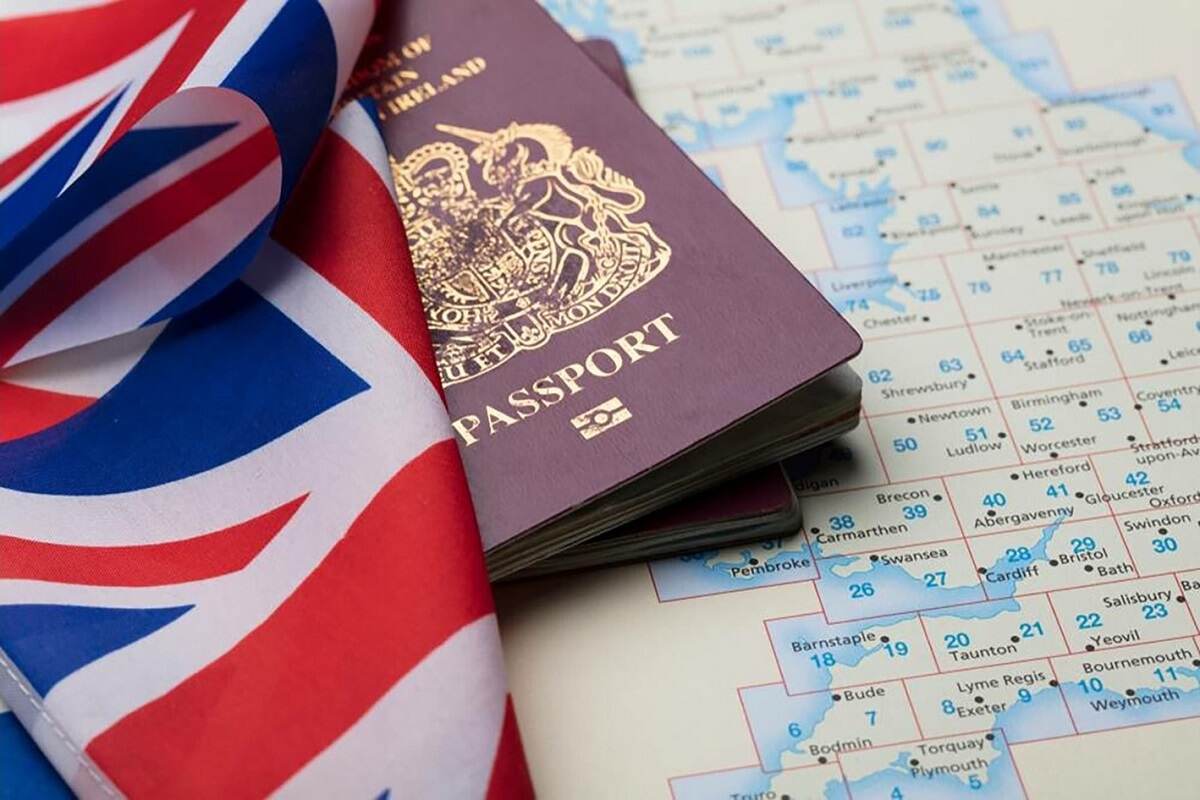How to Get a Canadian Student Visa
Title: Ultimate Guide: How to Get a Canadian Student Visa Complete Guide Step by Step
Introduction: With its globally recognized universities, diversified culture, and excellent standard of living, studying in Canada is a dream for many international students. However, obtaining a Canadian student visa is a prerequisite before you can start your academic journey in Canada. We’ll take you step-by-step through the whole process of obtaining a Canadian student visa in this in-depth tutorial, from comprehending the prerequisites to submitting your application. Whether you’re thinking of studying abroad in Canada as an exchange, graduate, or undergraduate student, this guide provides all the information you need to make it happen.
Understanding the Canadian Student Visa
- Overview: A Canadian student visa, also known as a study permit, allows foreign nationals to study at designated learning institutions (DLIs) in Canada.
- Eligibility: To qualify for a Canadian student visa, you must have been accepted by a DLI, prove that you have enough funds to cover tuition fees and living expenses, and satisfy certain health and security requirements.
- Duration: Canadian student visas are typically issued for the duration of the study program, plus an additional 90 days.
Choosing a Designated Learning Institution (DLI):
- Research: Start by researching universities, colleges, and other educational institutions in Canada that offer programs in your field of study.
- Check Designation: Ensure that your chosen institution is designated by the Canadian government to host international students. You can find a list of DLIs on the Immigration, Refugees and Citizenship Canada (IRCC) website.
- Admission Requirements: Review the admission requirements for your chosen program, including academic qualifications, English or French language proficiency, and any additional prerequisites.
Applying for Admission:
- Submit Applications: Once you’ve chosen a DLI and program, submit your application for admission directly to the institution. Follow the institution’s application instructions and provide all required documents, including transcripts, letters of recommendation, and a statement of purpose.
- Pay Application Fees: Some institutions may require an application fee, so be prepared to pay this fee when submitting your application.
- Await Acceptance: Wait for a decision on your application. If accepted, you’ll receive a letter of acceptance from the institution, which is a crucial document for your Canadian student visa application.
Preparing Required Documents:
- Passport: Ensure that your passport is valid for the duration of your intended stay in Canada, plus an additional six months.
- Letter of Acceptance: Obtain the original letter of acceptance from your Canadian educational institution, which confirms your enrollment in a study program.
- Proof of Funds: Provide evidence that you have enough funds to cover tuition fees, living expenses, and return transportation to your home country. This may include bank statements, scholarship letters, or sponsorship letters.
- Medical Exam: Depending on your country of residence, you may need to undergo a medical examination by an approved panel physician.
- Police Certificate: If required, obtain a police certificate or clearance from your home country and any other country where you have lived for six months or more since the age of 18.
Completing the Online Application:
- Create an Account: Visit the IRCC website and create an online account through the Immigration, Refugees and Citizenship Canada (IRCC) portal.
- Fill Out Forms: Complete the online application form for a Canadian study permit. Provide accurate and truthful information, and double-check for any errors or omissions.
- Upload Documents: Scan and upload all required documents, including your passport, letter of acceptance, proof of funds, and any other supporting documents.
- Pay Fees: Pay the application processing fee and any other applicable fees online using a credit card or other accepted payment methods.
Biometrics Appointment (if applicable):
- Schedule Appointment: If biometrics (fingerprints and photograph) are required as part of your application, schedule an appointment at a designated biometrics collection center.
- Attend Appointment: Arrive on time for your biometrics appointment and bring your passport, biometrics instruction letter, and any other required documents.
Wait for Processing:
- Processing Times: Canadian student visa processing times vary depending on the volume of applications and other factors. Check the IRCC website for current processing times.
- Application Status: Monitor the status of your application through the IRCC portal. You may receive updates or requests for additional information during the processing period.
Receive Decision:
- Approval: If your Canadian student visa application is approved, you’ll receive a Port of Entry (POE) Letter of Introduction confirming your study permit approval and any conditions attached.
- Rejection: If your application is rejected, you’ll receive a letter explaining the reasons for the refusal and your options for appeal or reapplication.
Note: You can also Read: 12 Ways to Make Money Online
Travel to Canada:
- Visa Approval: Once you have received your Port of Entry Letter of Introduction, you can make travel arrangements to Canada.
- Port of Entry: Upon arrival in Canada, present your passport, Port of Entry Letter of Introduction, and any other required documents to the Canada Border Services Agency (CBSA) officer at the port of entry.
Maintaining Status:
- Compliance: As a Canadian student visa holder, you must comply with the conditions of your study permit, including maintaining full-time enrollment at a DLI and refraining from engaging in unauthorized work.
- Renewal: If you plan to continue your studies in Canada or extend your stay, ensure that you apply to renew your study permit before it expires.
Conclusion:
Obtaining a Canadian student visa is essential to achieving your educational and professional goals in Canada. You can raise your chances of getting a Canadian study visa and starting an exciting educational journey in one of the friendliest and most diversified nations on the planet by carefully preparing your application and adhering to this extensive guidance. I wish you well on your study abroad experience in Canada!
Note: You can Also Read: How to Become a Freelancer in UAE


